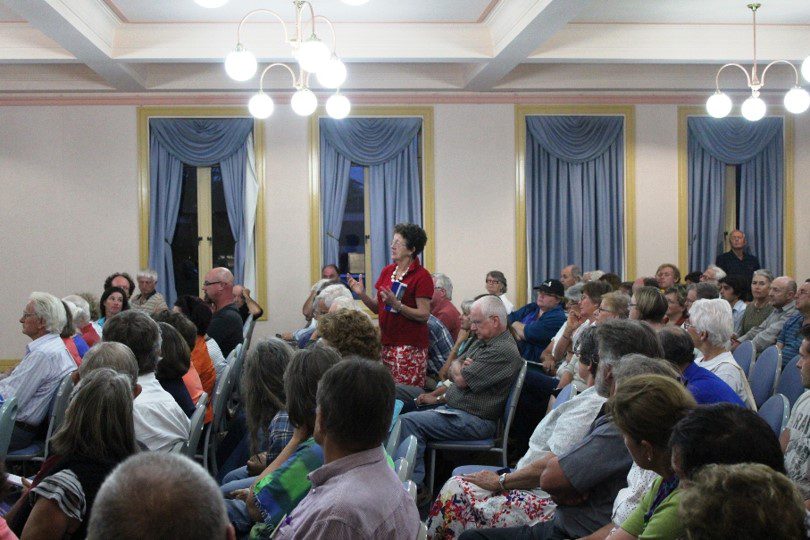



Community Engagement
At Ehlers, we often emphasize that budget development and adoption may be the most critical activity for any local government. Yet, despite the significance of this annual practice, the public sometimes knows little about its impact on their daily lives – both in the costs they bear and the services they receive. Perhaps more concerning, they may feel disconnected from the budget process and unaware of their ability to shape public policy. Today, perhaps more than ever, local governments need to better connect with their communities and try to understand their opinions on various topics.
The Rating Call
As many municipalities develop and execute financing plans for their capital projects, one of the most important steps is preparing for and undertaking the credit rating call. Regardless of a proposed borrowing’s size or scope, thoughtfully preparing for the rating call can reap both short- and long-term benefits for your community – most specifically your cost of and access to capital. There are several key considerations and best practices relative to rating call preparation which, when followed, go a long way in setting your municipality up for success!
Community Spotlight!
The City of St. Francis had been in discussions over building a new City Hall for over 20 years, only to find it was never quite “the right time.” Repeated investments of staff time, studies and community engagement had been lost in several attempts to find the right project for the right space. As a community of more than 8,000 residents that had grown by over 66% over the prior two decades, St. Francis found its existing City Hall space overly constrained when compared to today’s standards. This challenge was compounded by the need to replace a Fire Station that was originally built as a garage in 1965.
Market Commentary: March 2025
2025 kicked off with speculation and uncertainty about how the economy and market would respond to a new political landscape and prospective policy changes. Now entering the third month of the year, we’ve seen the markets begin to digest recent data releases suggesting some downside risks to the U.S. economy, along with additional uncertainty related to future policy changes across several fronts.
Have questions or need more info?
Call 800-552-1171 or e-mail info@ehlers.com.
About Ehlers
A pioneer and regional leader in municipal advisory services since 1955, Ehlers helps clients build strong, vibrant and sustainable communities by delivering independent, integrated advice across all areas of public finance. We work with more than 1,500 local governments, schools, and public agencies across five states; placing our clients’ needs and best interests at the center of everything we do.
